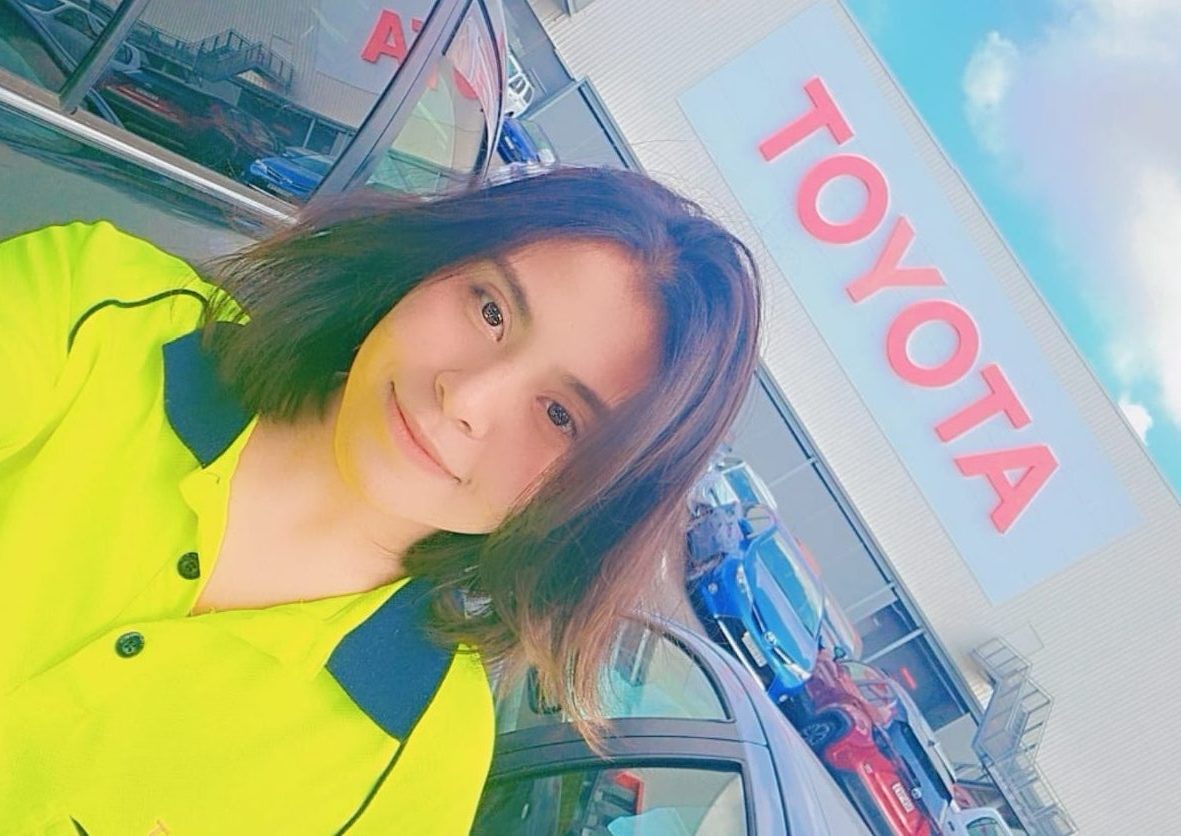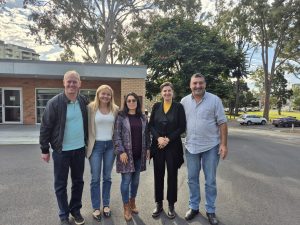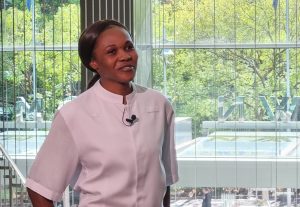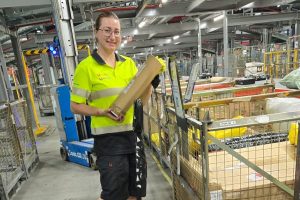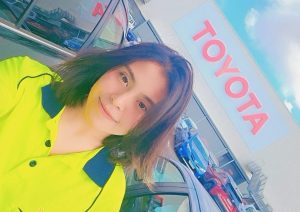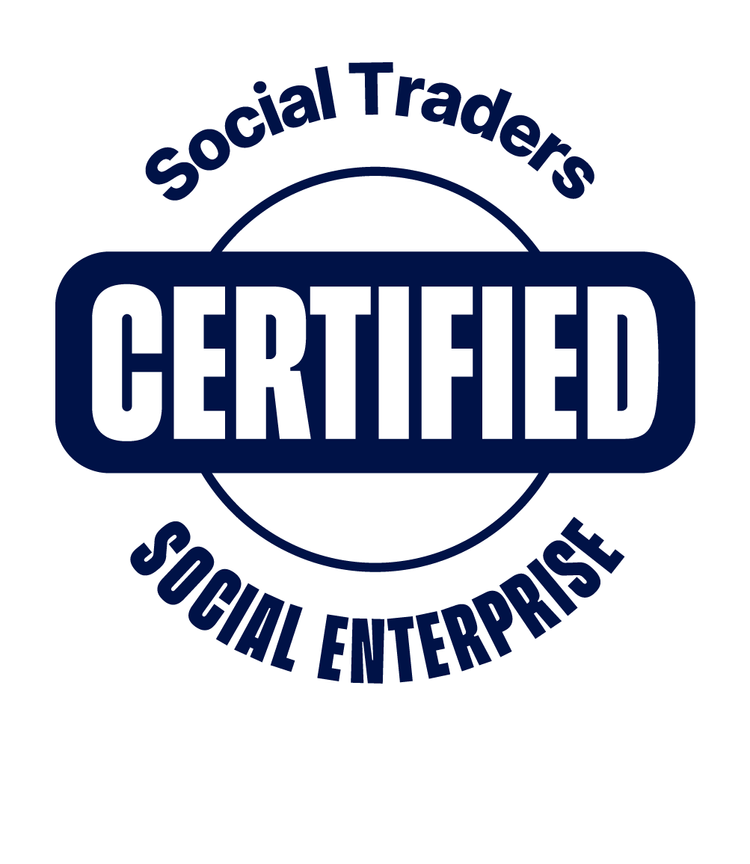Roma Gawhari, a 21-year-old refugee from Afghanistan, found a job with Toyota through a partnership with Civik People. This is her story.
Roma Gawhari had just graduated from high school and was looking forward to going to university when the Taliban took over Afghanistan.
Women and girls were banned from work and education.
The Taliban began evicting ethnic Hazaras, like Roma’s family, who have faced long-standing persecution.
Roma and her family were forced to flee to Pakistan where they spent a year in hiding before getting visas to come to Australia.
“The situation in Afghanistan was terrible,” Roma recalls.
“My dad was in an army and my mum was a doctor and a socially active person, so they were at risk.”
The family resettled in Chester Hill, in Sydney’s West. But their new life in Australia came with new challenges.
While people were friendly and helpful, a lack of language skills and in-country experience meant it was hard to find a job.
“I understand how challenging it is to find a job in a new country especially for someone like me who didn’t have enough documents to submit, and of course no experience at all,” Roma explains.
“I would struggle sometimes with my language.
“My family is still learning English. We never spoke English in our country, we just had some basic courses for English language but nowadays they are trying their best to speak English and they are getting so good.”
Statistics show only 6 per cent of refugees have a job six months after they arrive in Australia. This is one of the driving motivations of Civik People, a not-for-profit social enterprise that helps refugees and humanitarian entrants secure sustainable employment with inclusive employers.
Roma had only been in Australia for a few months when she learned about Civik People through a family friend.
“I heard about Civik People in a community event and connected with them for employment opportunities,” Roma says.
“They supported me a lot with my applications and the whole onboarding process.”
Thanks to Civik People’s partnership with Toyota, Roma – and her brother Parwiz – found work.
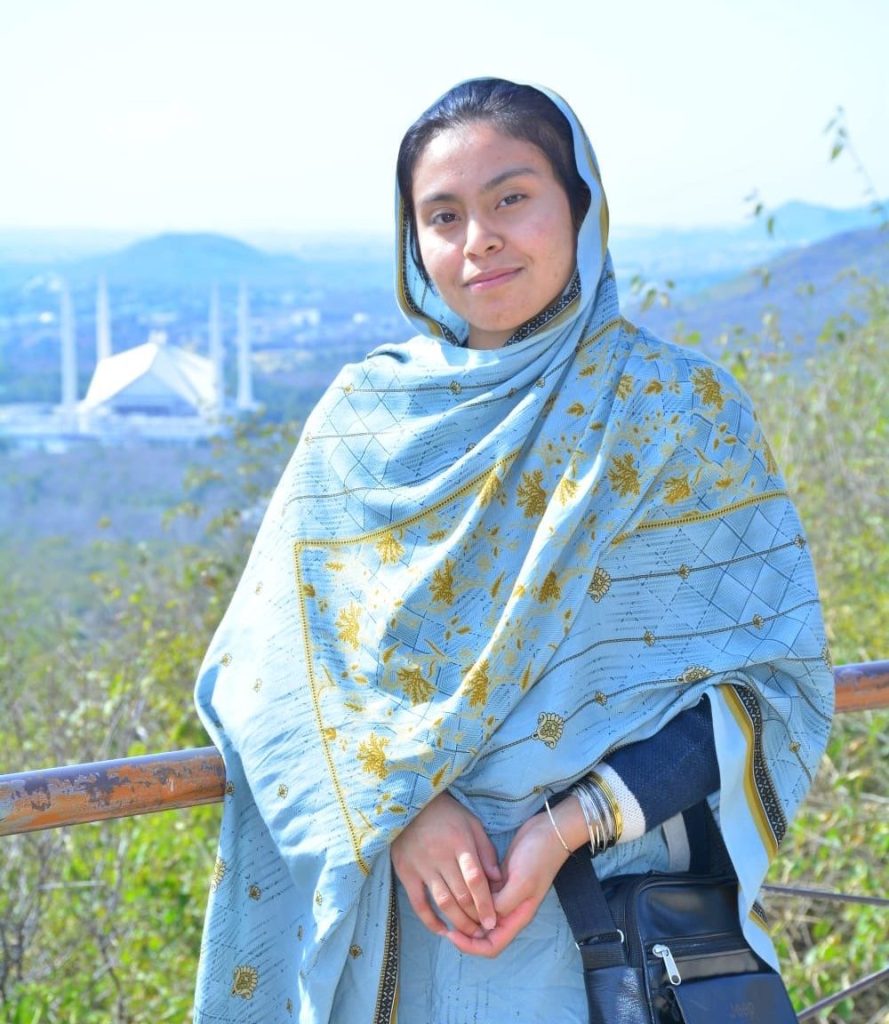
“I’m working in Toyota warehouse as a store person, packing the boxes,” Roma says.
“My job is quite simple and easy. You have to scan the products that come from overseas to the warehouse and also collect the car parts from the location, and pack them and send them to the customers.
“I really like my workplace, and all my co-workers are great and kind people.
“Me and my brother are colleagues so my brother drives. It’s quite easy to go to work.”
Asma Osyan, People and Pathways Coordinator at Civik People, says Toyota have been a great partner.
“They are supportive and inclusive,” Asma says.
“In the early days, they recruited Roma and her brother and other employees without any interviews and formalities. They trusted our process and got better talent and wonderful employees because of it.”
Ten months on, Roma, now 21, is still working at Toyota and studying English. She says “everything is quite perfect now”. She is eager to continue her education.
“I want to get into Uni this year. I want to study psychology,” she says.
“The work is flexible, so if I start studying and going to university soon, I have enough time for my study and work.”
She says having a job has made a big difference to her life – far beyond the paycheck.
“It helped with my language skills and my social anxiety,” she said.
“I never thought I would have friends in a new country because everything is different, my culture is different, but everyone was so friendly I forgot that. Now I can say I am a part of this culture, everyone helped me.
“My brother and I, we get along with our co-workers. Even as we’re working, we are talking and laughing.
“I don’t feel like I am going to work. It’s like another home.”

